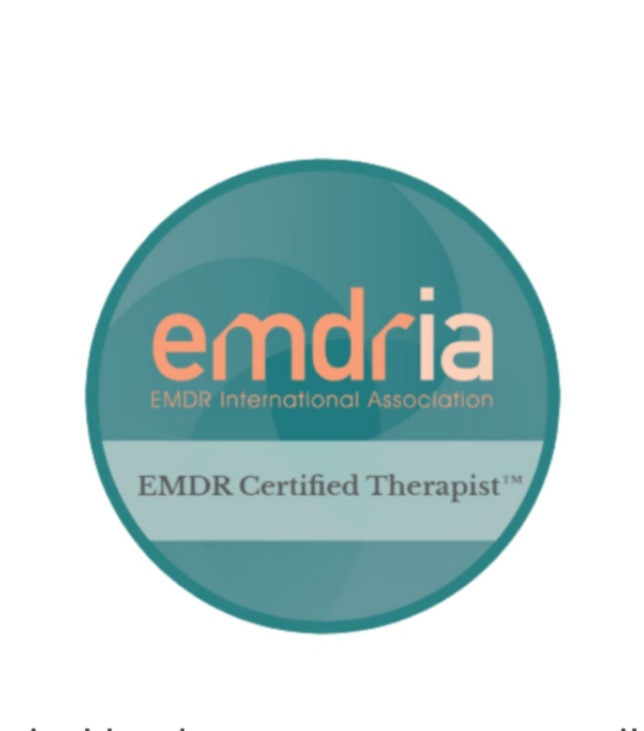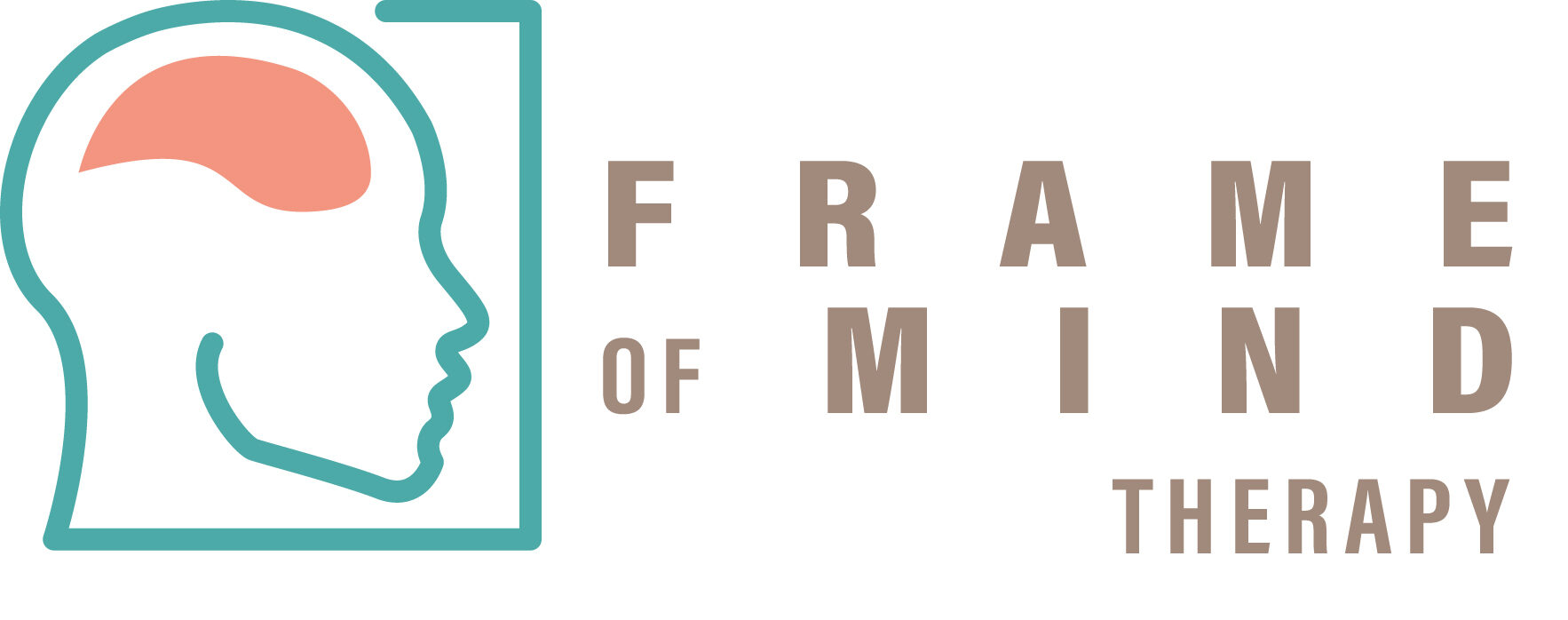Types of Therapy offered at Frame of Mind…
All services incorporate a Polyvagal frame
At Frame of Mind therapy, Polyvagal theory (PVT) is used to help us understand ourselves and others on a deeper level. Kelly will use this frame from the beginning and throughout the therapy process. PVT informs how Kelly understands her clients. In the beginning stages of your therapy, Kelly will help you understand how your biology informs your sense of well-being. With her guidance, you’ll be able to map your autonomic nervous system, and learn techniques to notice your system, increase awareness into how this impacts your life, and begin to reshape your system, allowing you to navigate through life’s challenges in a different way. From there, Kelly can offer traditional talk therapy, EMDR, IFS, CPT, DBT, or NARM therapy modalities. For more information on these, see below.
I’ve been in therapy my whole life, but this time it’s different. I’m learning so much about how to see myself and make changes.
-Frame of Mind client working on anxiety.

EMDR Therapy (Eye Movement Desensitization and Reprocessing) was developed by Dr. Francine Shapiro in 1987. It is an evidence-based treatment for trauma. EMDR empowers you to work through experiences that have caused you heightened emotions. It involves moving your eyes or hands in a certain way while your therapist guides you to recall certain parts of your memories. EMDR can reduce trauma related symptoms significantly. Kelly became EMDR certified in 2019 by EMDRIA. For more information on EMDRIA, see EMDR International Association Home | EMDR Practitioners
Internal Family Systems (IFS) Therapy was developed by Dr. Richard Schwartz, PhD, in the 1980’s. It is a non-pathologizing evidenced based model. IFS involves the belief that the mind is made up of “parts” that represent different thoughts, feelings and actions. (Think the “inside out” movies) These parts are referred to as managers and firefighters. There are also parts of personality that have been cut off in order to survive. These are referred to as exiles. IFS therapy also believes in the higher self in each human being. Your self-energy, when accessed and introduced to various parts of yourself, can lead to healing. Kelly was IFS level one trained in 2015 by the IFS Insititute. About Us | IFS Institute
NARM Therapy (Neuro Affective Relational Model) was developed by Dr.Laurence Heller in 2018. It is a therapy method that best treats attachment and developmental trauma. In this model, mindfulness based somatic approaches are used to permit you to connect more safely with yourself, your therapist, and others. Kelly was level 2 NARM trained in 2024 and will begin level 3 training in 2025. For more information on this training, see Complex Trauma | C-PTSD | CPTSD Treatment | NARM Training Institute
CPT stands for Cognitive Processing Therapy. Similar to Cognitive Behavioral Therapy, this type of work involves learning how to challenge any negative thinking patterns that may be contributing to problems in your life. This is a highly structured therapy that involves worksheets, and out of session writing assignments. Kelly was CPT trained by the Department of Veteran’s Affairs in 2014.
DBT stands for Dialectical Behavior Therapy. DBT was founded in the late 1970’s by Marsha M. Linehan. DBT is helpful for people who have experienced childhood trauma and who experience very strong emotions. In DBT, Kelly will teach you the four core skills of Mindfulness, Emotion Regulation, Interpersonal effectiveness, and distress tolerance. Kelly has been using aspects of DBT therapy interspersed with other treatment modalities for years.
Kelly prefers to utilize a combination of Polyvagal Theory when utilizing DBT with her clients.
